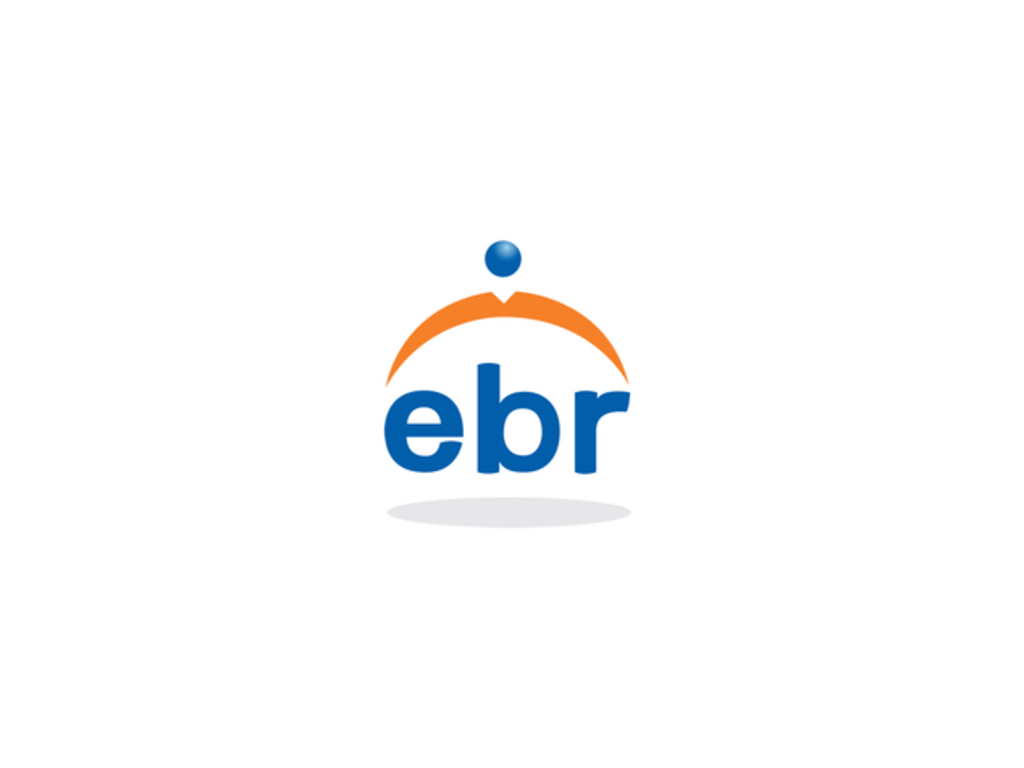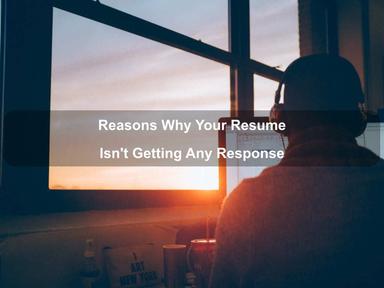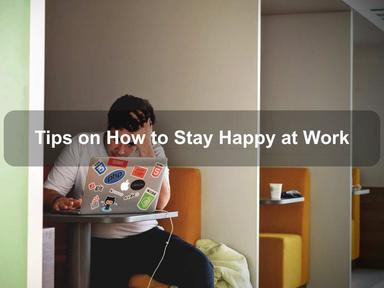published: 26 Mar 2020
3 min read | website: www.ebr.com.au
We all know that a planner is an essential item for those who value organisation and efficiency. However, there are many who do not utilise them properly or to their full potential, resulting in poor work organisation or workers simply giving up on using it. Below are four useful ideas on how you can make the most of a planner to improve your organisation and thus work performance.
Make use of all sections
Most planners have monthly, weekly and daily spreads. Each spread is meant to serve a different purpose so that you can have the most holistic and detailed plan of your year.
Monthly sections are often useful for inputting annual events such as someone's birthday, anniversary or dates when certain bills will be due. Try to fill the monthly sections up with annual or monthly dates that are unlikely to change.
Weekly sections are for broader tasks that may not be completed in a single day, such as putting together a project presentation. Or, you can use the weekly section to input tasks that you have yet to decide exactly which day it will be on, for example, meeting up with a colleague.
Lastly, daily sections are used for tasks that can be completed within a day such as a meeting or sending an email to someone. The daily section may be the most important as it often entails smaller, more insignificant tasks which are easier to forget. By writing them down, you are increasing your chances of remembering them.
Avoid using too many planners
It is best to simply stick to one planner that will have all of your essentials. While it may be tempting to have a planner for different purposes or different roles, you are more likely to become overwhelmed and confused trying work with all of them at once. So make sure that the planner of your choice contains all of the necessary components, including but not limited to, monthly, weekly and daily sections and a to-do list. That way, there is no need to go out and buy more than one.
Be concise by clear
Be clear with your instructions and avoid being too simple. For example, it is far more effective to write down, 'send email about meeting to Helen', than just, 'Helen'. Being too concise can be unhelpful, so try to add some context or detail to your list to avoid forgetting important details.
Make a habit of using it
Arguably the most difficult part of using a planner is to be consistent with it. Create a 5 to 10 minute session every day to write down your tasks for the next day. Then spend an additional 5 to 10 minutes at the end of the week to write down any weekly tasks. By consistently using your planner for a few minutes at a specific time every night and every week, it will eventually become a useful habit.

Are we missing something? Help us improve this article. Reach out to us.
















